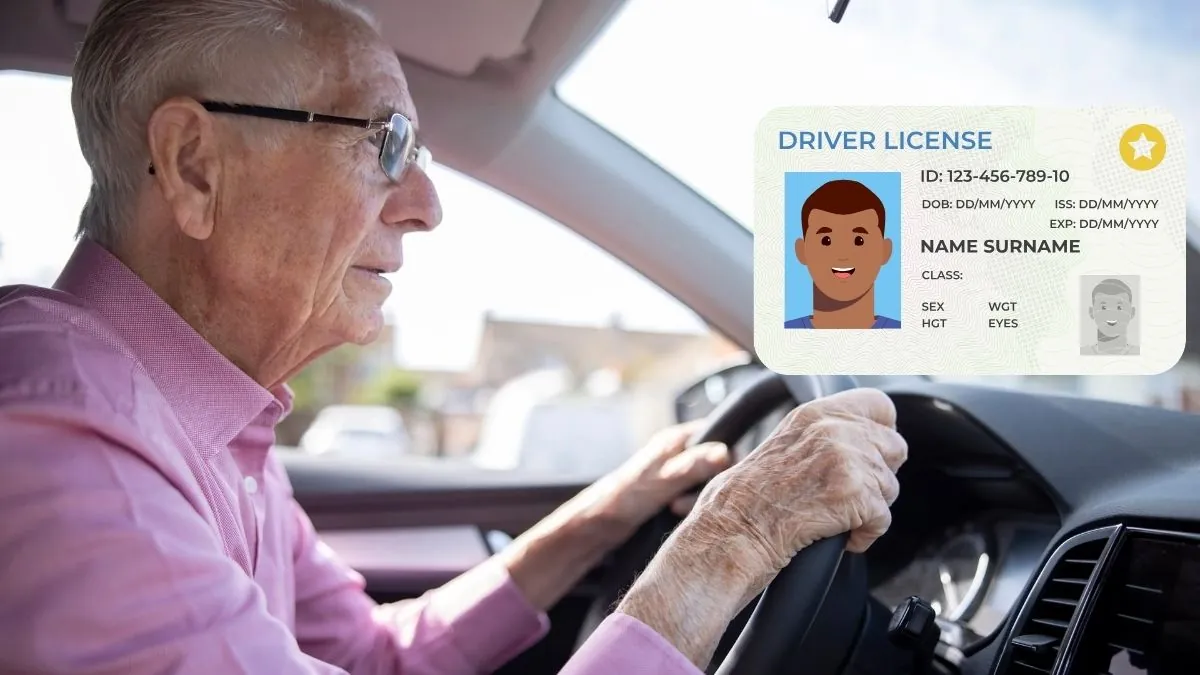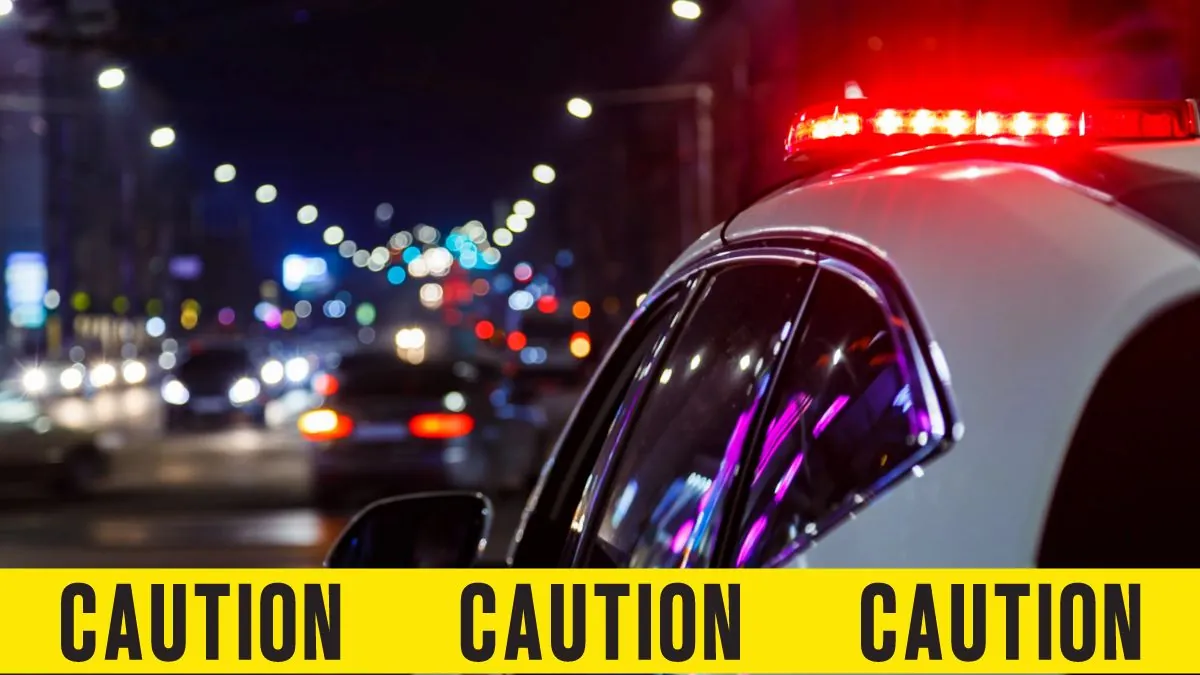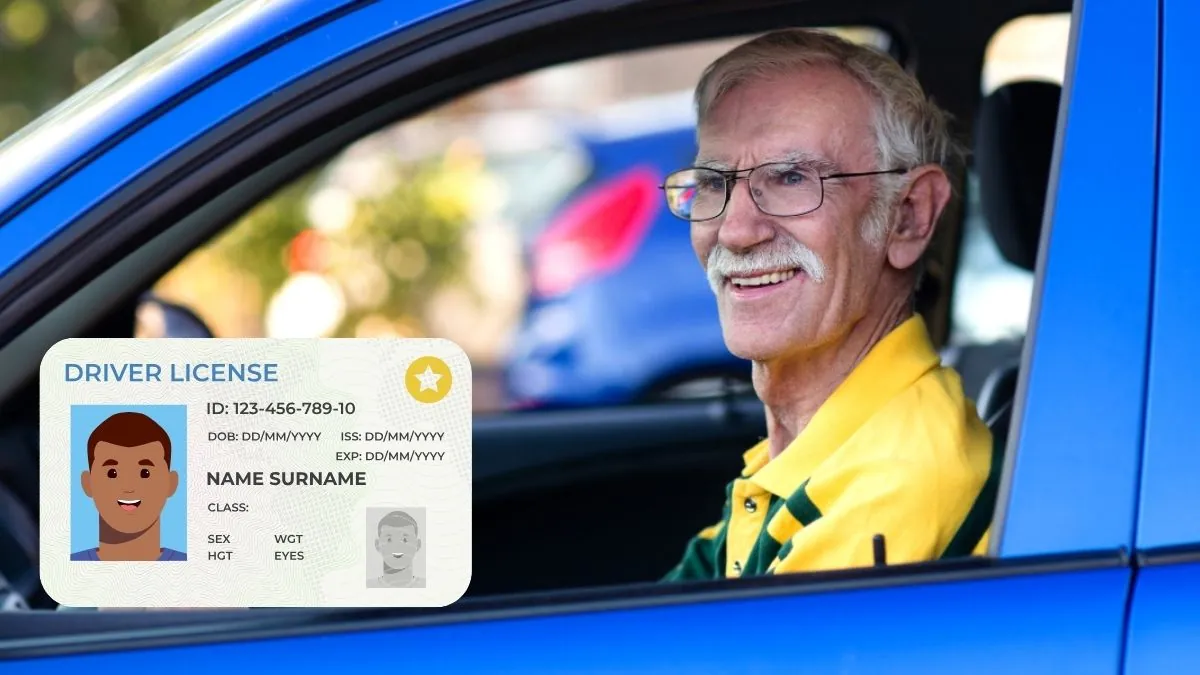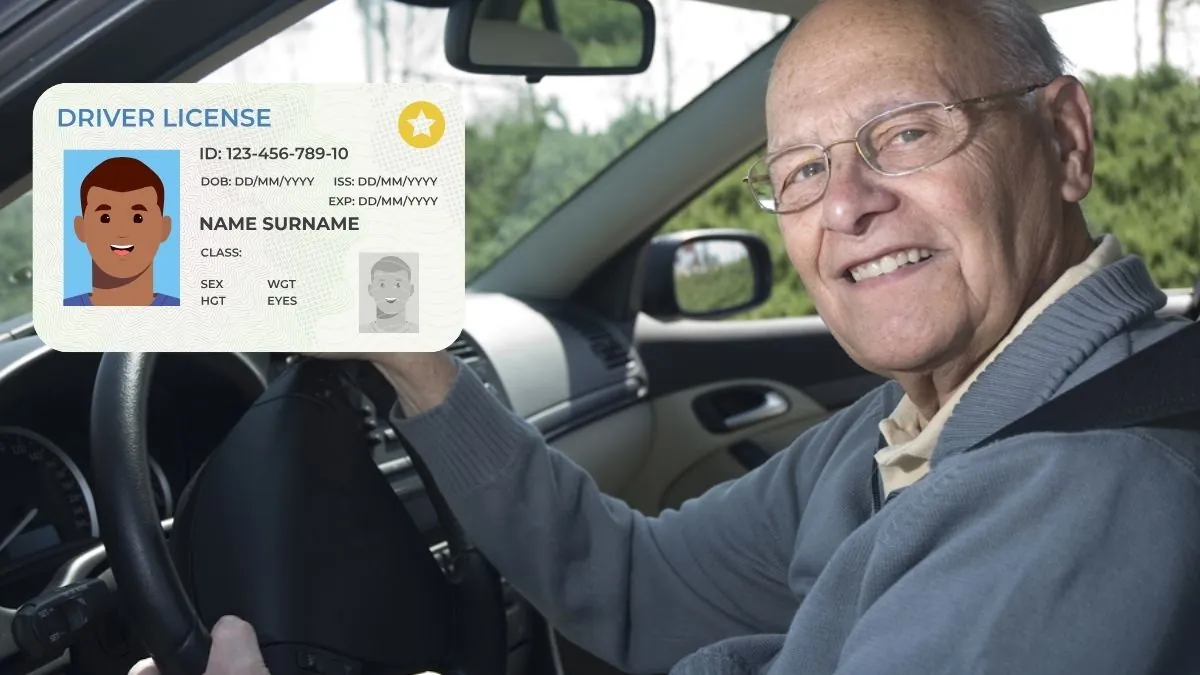As the year 2024 unfolds, many seniors in Indiana will be facing the task of renewing their driver’s licenses. The process can be a bit daunting, especially given the various regulations and requirements that have evolved over time. This comprehensive guide aims to simplify the process and provide all the essential information seniors need to navigate license renewal smoothly.
Renewing a driver’s license is a crucial task for seniors in Indiana, ensuring they comply with state regulations and maintain their independence. As we approach 2024, it’s important for seniors to understand the updated requirements and processes involved in renewing their licenses. This guide provides a detailed look into the 2024 license renewal process, including the latest updates, step-by-step instructions, and special considerations for senior drivers.
Overview of License Renewal for Seniors
1. Importance of License Renewal
Renewing a driver’s license is not just about following state laws; it also plays a significant role in preserving the independence and mobility of seniors. A valid license allows seniors to continue driving safely and effectively, which is vital for their daily activities and overall quality of life.
2. General Requirements
To renew a driver’s license in Indiana, seniors need to provide:
- Proof of Identity and Residency: Acceptable documents include a state ID, passport, or birth certificate for identity verification, and utility bills or lease agreements for residency confirmation.
- Vision Tests: A vision test is required to ensure that the driver meets the minimum vision standards set by the Indiana BMV.
- Knowledge of Current Traffic Laws: While a written knowledge test may not be required for all renewals, staying updated on traffic laws is essential for safe driving.
Changes and Updates for 2024
1. New Regulations for Seniors
For 2024, the Indiana Bureau of Motor Vehicles (BMV) has introduced several updates:
- Enhanced Vision Requirements: Seniors will face stricter vision standards to ensure safe driving.
- Updated Testing Procedures: There may be changes in how tests are administered or new requirements for demonstrating driving competency.
2. Technological Advancements
With the increasing use of technology, the BMV has introduced several advancements:
- Online Renewal Options: Seniors can now renew their licenses online, provided they meet certain criteria.
- Digital ID Options: Indiana is moving towards digital IDs, which offer convenience and enhanced security.
Steps to Renew a License
1. Preparing for Renewal
Gather Required Documents:
- Proof of Identity: Ensure you have a state ID, passport, or birth certificate.
- Proof of Residency: Collect recent utility bills or lease agreements.
Medical Requirements:
- Vision Exams: Schedule and complete a vision exam before your renewal appointment.
- Health Evaluations: If applicable, obtain any required health evaluations.
2. Renewal Process
In-Person Renewal:
- Locate a BMV Branch: Find your nearest BMV branch using the Indiana BMV website or local directories.
- Complete the Renewal: Submit your documents, take a new photo, and pay the renewal fee.
Online Renewal:
- Eligibility Criteria: Ensure you meet the eligibility requirements for online renewal, such as having a current, unexpired license.
- Using the Online Portal: Access the BMV’s online portal, complete the renewal process, and pay any applicable fees.
3. Fees and Costs
Standard Renewal Fees: Typically, the cost of renewal varies depending on the license type and duration of renewal. Additional Costs: Late renewal or special requests may incur extra fees.
Special Considerations for Seniors
1. Vision and Health Requirements
Seniors must meet specific vision acuity standards. If health issues affect driving, it’s important to:
- Get a Medical Evaluation: Consult with a healthcare provider to address any concerns.
- Consider Driving Restrictions: Be prepared for possible restrictions or requirements based on health evaluations.
2. Driving Assessments
When a Driving Test is Required:
- Criteria: A driving test may be required if there are concerns about a senior’s driving ability.
- Preparation: Practice driving and familiarize yourself with the driving test procedures.
Frequently Asked Questions
1. What if I Miss the Renewal Deadline?
Penalties: Late renewals may result in fines or additional fees. Steps to Take: Contact the BMV as soon as possible to understand your options.
2. Can I Renew My License if I Have a Medical Condition?
Reporting Requirements: Report any medical conditions that may affect your driving. Accommodations: The BMV may provide accommodations based on your medical status.
3. What Are the Options for Seniors Who Can’t Drive Anymore?
Alternative Transportation: Explore options such as public transportation, rideshare services, or community programs.
Resources and Contact Information
BMV Contact Information:
- Local Offices: Find addresses and phone numbers for local BMV branches on the Indiana BMV website.
- Online Resources: Access additional support and information through the BMV’s online portal.
Senior Services:
- Organizations: Reach out to senior organizations for support with driving and transportation needs.
- Community Programs: Utilize local programs designed to assist seniors with transportation.
Conclusion
Navigating the license renewal process can be challenging, but staying informed and prepared can ease the process significantly. For seniors in Indiana, understanding the latest regulations, preparing necessary documents, and utilizing available resources will ensure a smooth renewal experience. For personalized assistance, the Indiana BMV and various senior services are readily available to help.
This Article Includes









